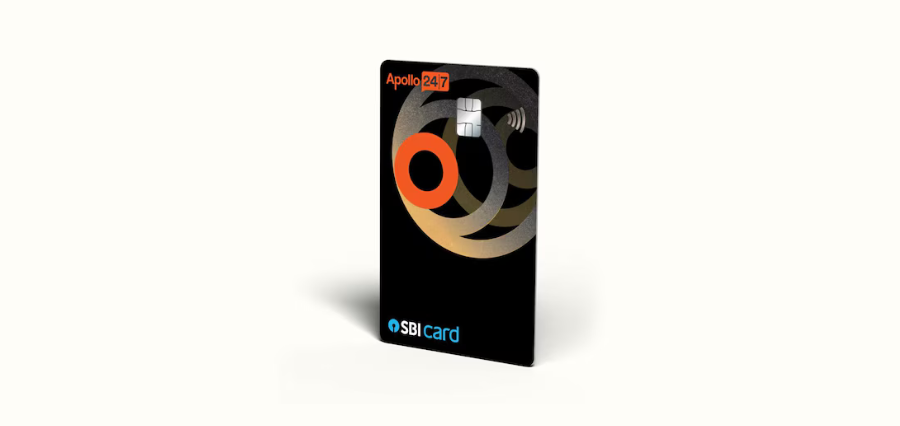Recent publication in the British Medical Journal on December 6, 2024, published a recent study showing that regular consumption of dark chocolate was associated with the risk of having Type 2 diabetes. The research study indicated that people consuming at least five servings of dark chocolate in a week have a risk level of the disease that is 21% lower compared to those consuming less. In addition, for every other serving of dark chocolate each week, the risk of Type 2 diabetes had been reduced by 3%.
This study did not find the same kind of benefit for milk chocolate, reviewing data from over 190,000 U.S. healthcare professionals over a span of 30 years. Further, the researchers noted an association between long-term intake of milk chocolate and gain in weight, a common risk factor for Type 2 diabetes. So here the health impact is seen being different for dark and milk.
Type 2 diabetes, affecting millions of Americans, is characterized by a resistance of the body to insulin, which raises the blood sugar levels. Lifestyle changes such as maintaining healthy weight and regular physical activity can prevent most cases of Type 2 diabetes, as per the CDC.
Though the mechanism by which dark chocolate exerts protection is not established, the authors hypothesize that it may be associated with a higher cocoa content. Cocoa has some bioactive compounds that can increase insulin sensitivity and improve glucose metabolism. Though sugar and saturated fat are present in dark chocolate, its polyphenol content may mitigate any adverse effects with regard to the propagation of obesity. Therefore, the results show that moderate intake of dark chocolate in addition to other healthy lifestyle practices may be associated with a positive impact on diabetes prevention. It is worth mentioning that such effects were observed only in the case of dark chocolate but not in milk chocolate.










